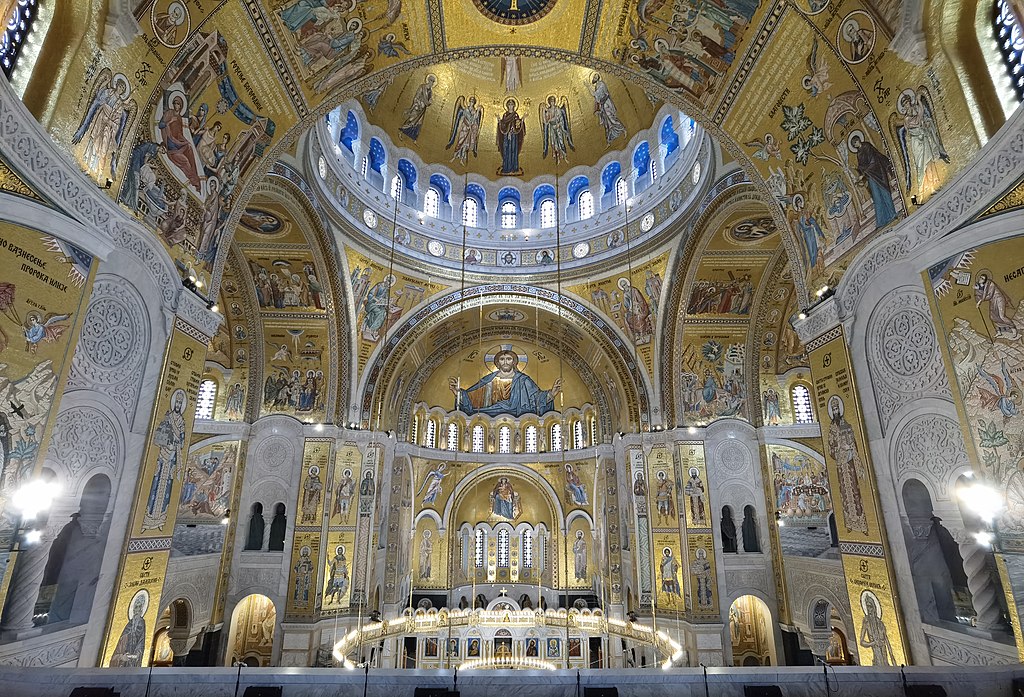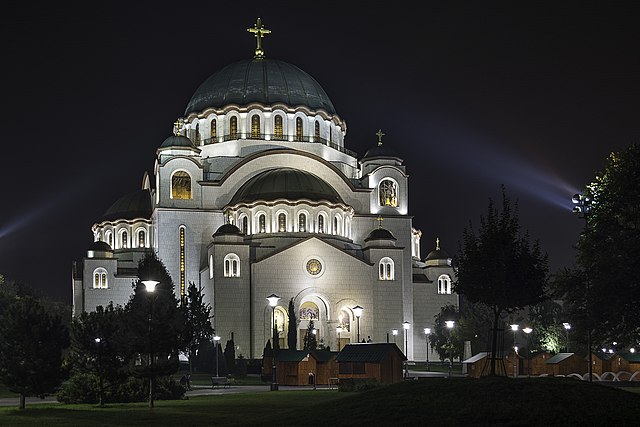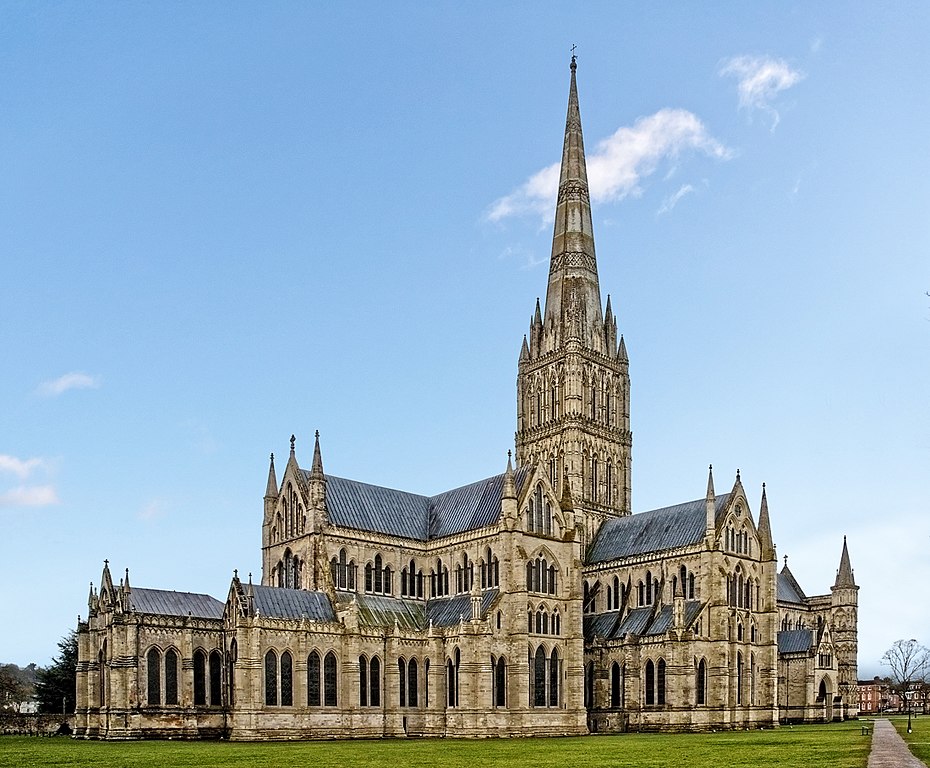I’ve asked my Priest about the frequent usage of domes in Orthodox architecture. I was told the domes have to with how the Orthodox view divinity. With a dome the walls come down to us from above as the heavens come down from above. It’s a different message than the architecture of spires. Spires ― beautiful also ― place an emphasis on the transcendent and perfect nature of Christ. The heavy use of domes in Orthodox architecture is a reflection of Orthodoxy’s priorities.
2 The Holy spirit comes down to the body of the Church as the walls come down from the above. The dome represents ― and actively participates in ― Pantocratoros descent (as the Incarnate God) that occurs through the descent of the Holy Spirit. This is one the ways the Church, both the physical building and the people within intertwined inseparably, is connected with the divine. The participation of the Holy Spirit is by nature mystical and is not tied in with the individual’s faculty of reason.
3 Spires represent the transcendent that cannot be reached but that can be strived towards. Christian spires are associated with the idea of using free will, with Christ as the perfect example and supreme Patriarch, to determine ones correct course of actions. Spires represent the great mountain that reaches into the heavens, that we are told to bear our cross climbing, that we will never summit.
4 The role of domes and the Holy Spirit is much greater in Orthodox Church than in the Western Church. The Filioque is a seen as a dangerous heresy as Orthodoxy does not believe that the role of Holy Spirit be placed beneath the role of Christ the Son; the Holy spirit proceeds from the Father alone. The Trinitarian difference between the East and West bleeds into the different preference of architecture between them. A higher emphasis on the Father and the Holy Spirit leads to a greater preference for mysticism and domes: a different emphasis on reason, the Son, and his spires.



🤔Musings